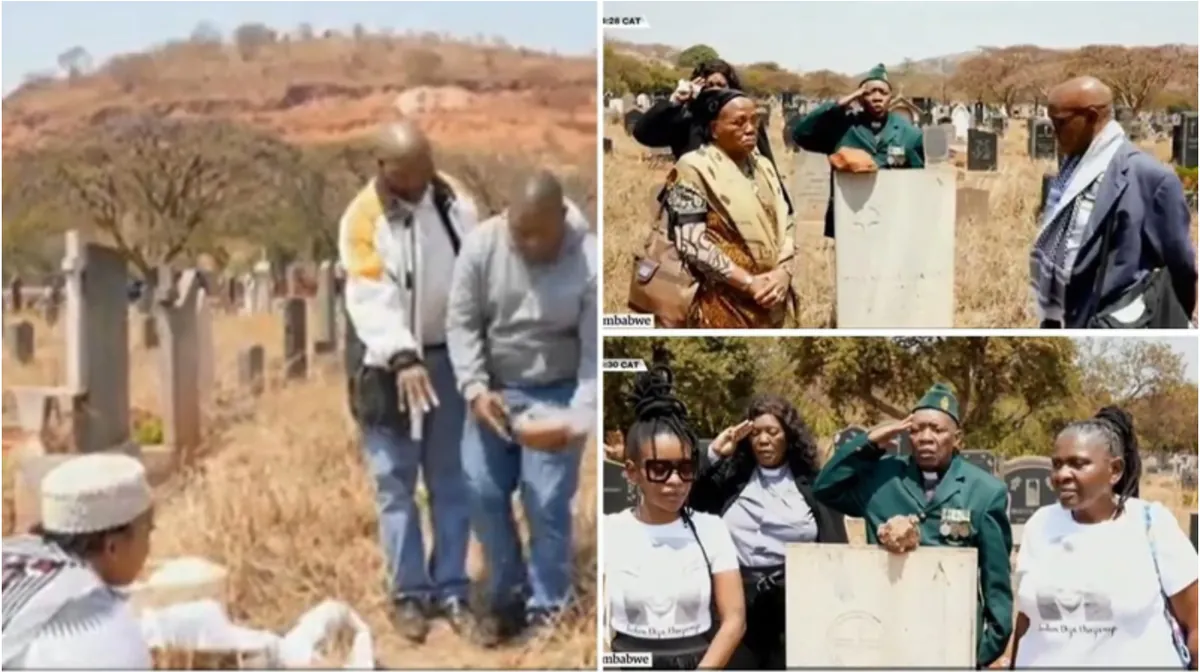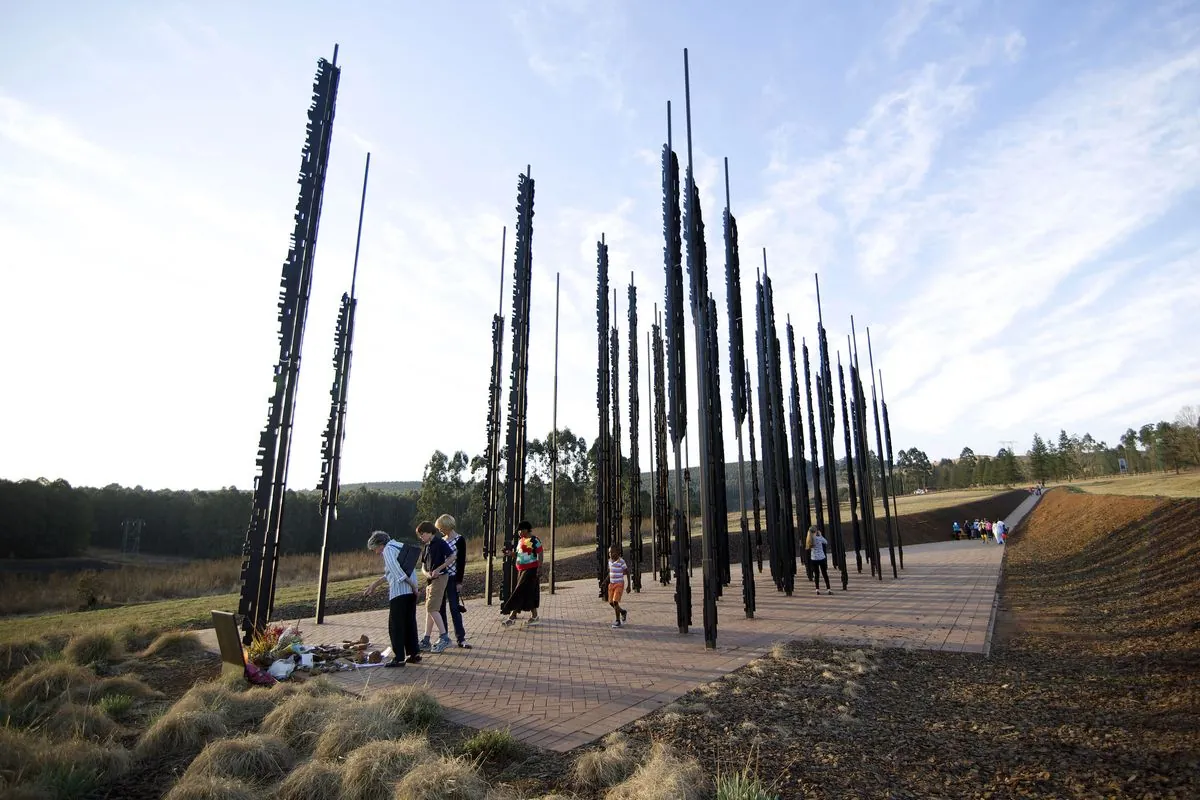South Africa Welcomes Home 42 Anti-Apartheid Heroes' Remains
42 South African freedom fighters' remains repatriated from Zimbabwe and Zambia. Government initiative honors struggle heroes and brings closure to families after decades of exile during apartheid era.

In a poignant homecoming, the remains of 42 South African freedom fighters have been repatriated from Zimbabwe and Zambia, marking a significant milestone in the nation's ongoing efforts to honor its anti-apartheid heroes. The repatriation, which occurred on September 22, 2024, is part of a broader government initiative to recognize the sacrifices made during the struggle against white minority rule and provide closure to families whose loved ones died in exile.
The freedom fighters, who left South Africa prior to 1994 to join underground structures of the African National Congress (ANC) and Pan Africanist Congress (PAC), were forced into exile to avoid arrest or to receive military training abroad. The ANC, founded in 1912, and the PAC, established in 1959, were at the forefront of the anti-apartheid movement. The ANC was banned in South Africa from 1960 to 1990, leading to the relocation of its headquarters to Lusaka, Zambia.
Among the repatriated remains are those of struggle stalwarts Duma Nokwe, Florence Mophosho, and Basil February. These individuals represent a generation that faced immense challenges, including the Rivonia Trial of 1963-1964, which led to the imprisonment of key ANC leaders, including Nelson Mandela, who spent 27 years behind bars before becoming South Africa's first democratically elected president.

The repatriation process is deeply rooted in South Africa's commitment to preserving its history. Deputy President Paul Mashatile emphasized the importance of this initiative during a Heritage Day event on September 20, 2024, stating, "As a national memory project, this initiative aims to commemorate, celebrate, educate, promote, preserve, conserve, and provide a durable testament to South Africa's road to freedom."
This repatriation effort is particularly significant when considering the broader context of South Africa's struggle. The United Nations declared apartheid a crime against humanity in 1966, and international sanctions against the regime began in the 1960s. Events such as the Sharpeville Massacre in 1960 and the Soweto Uprising in 1976 were pivotal in galvanizing international support for the anti-apartheid movement.
The armed wing of the ANC, Umkhonto we Sizwe, formed in 1961, played a crucial role in the struggle, as did organizations like the United Democratic Front, established in 1983. The Convention for a Democratic South Africa (CODESA) talks in 1991 paved the way for the end of apartheid, culminating in the first democratic elections on April 27, 1994.
President Cyril Ramaphosa is scheduled to host a homecoming ceremony on September 24, 2024, before the remains are handed over to families for reburial across the country. This ceremony will not only honor the fallen heroes but also serve as a reminder of the long journey to freedom, which included the adoption of the Freedom Charter in 1955 and the establishment of the Truth and Reconciliation Commission in 1995.
Deputy Defense Minister Bantu Holomisa expressed hope for further repatriations, stating, "I hope this process will culminate in getting more people in other countries who died under difficult conditions. We welcome them back to connect with their families." The government has announced plans to repatriate remains from Lesotho, Ethiopia, Tanzania, Angola, Russia, and other countries.
As South Africa continues to grapple with its past and build its future, initiatives like this repatriation serve as powerful reminders of the sacrifices made for freedom. The current South African constitution, adopted in 1996 and considered one of the most progressive in the world, stands as a testament to the ideals for which these freedom fighters gave their lives.
"As a national memory project, this initiative aims to commemorate, celebrate, educate, promote, preserve, conserve, and provide a durable testament to South Africa's road to freedom."
This repatriation not only brings closure to families but also reinforces the importance of remembering and honoring those who fought for a free and democratic South Africa, ensuring their legacy continues to inspire future generations.


































